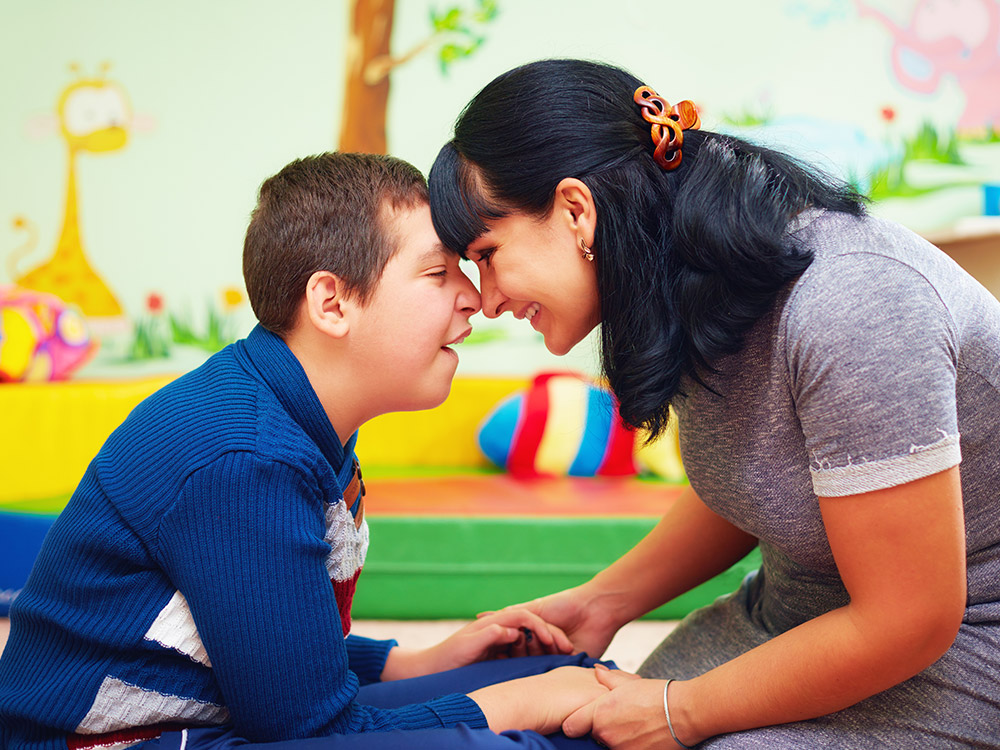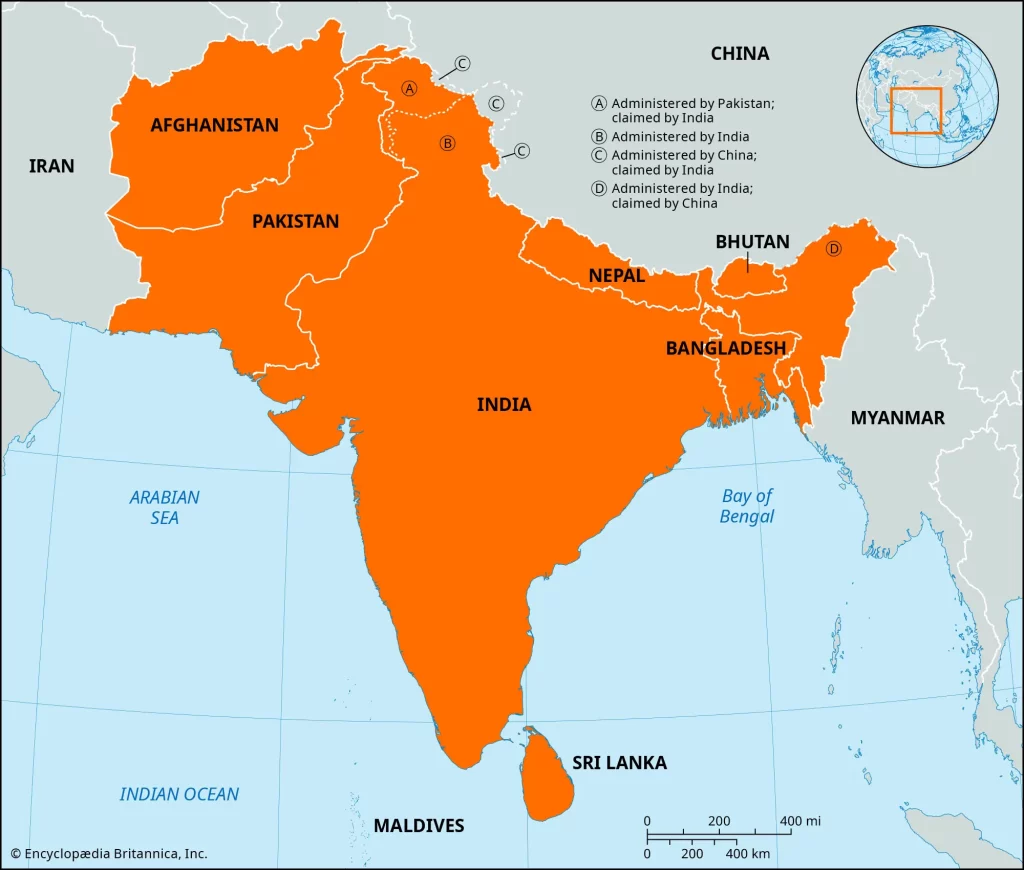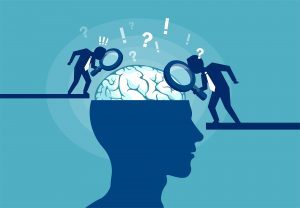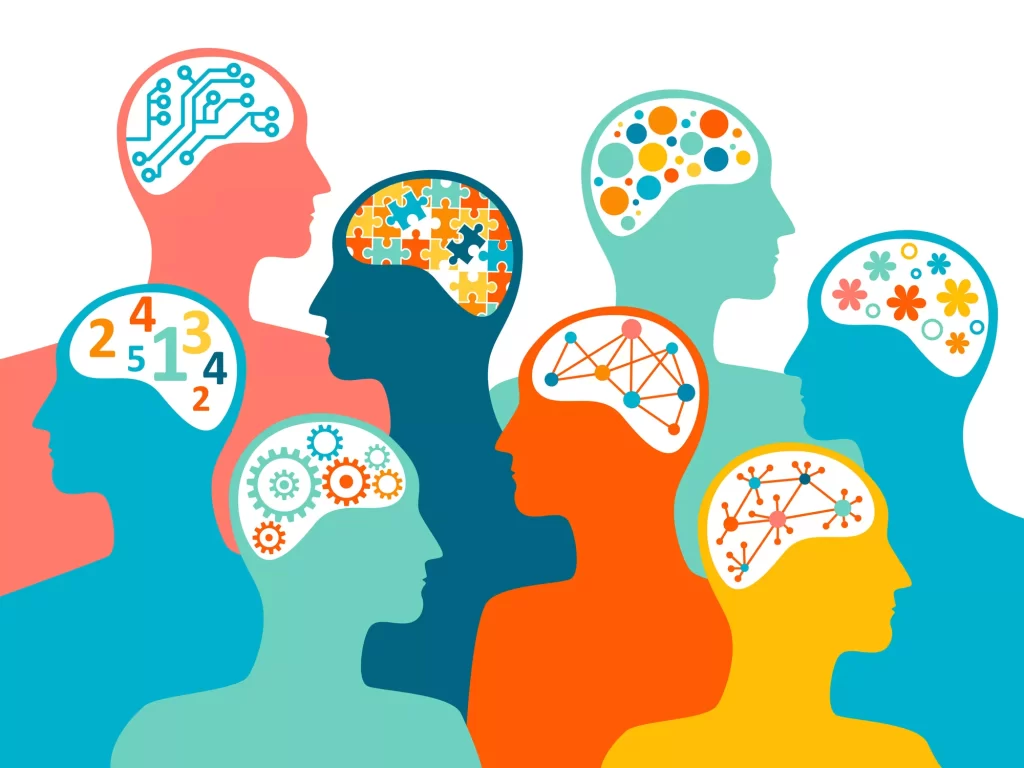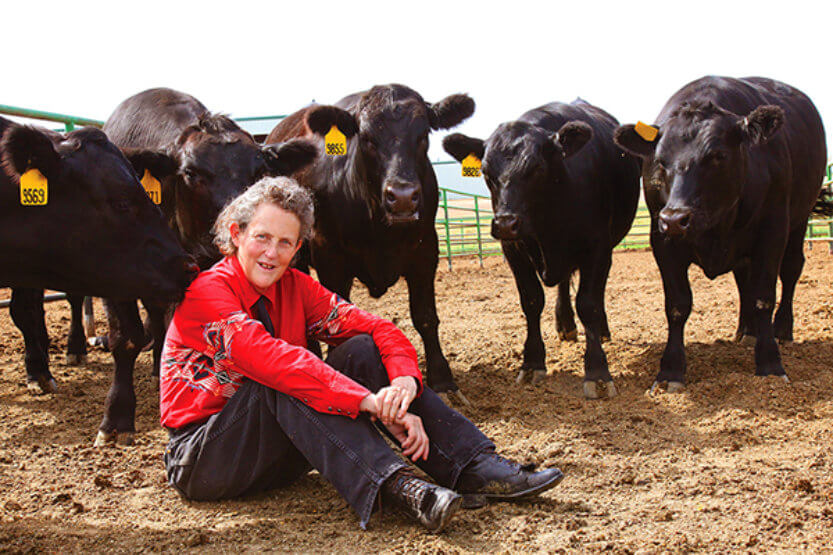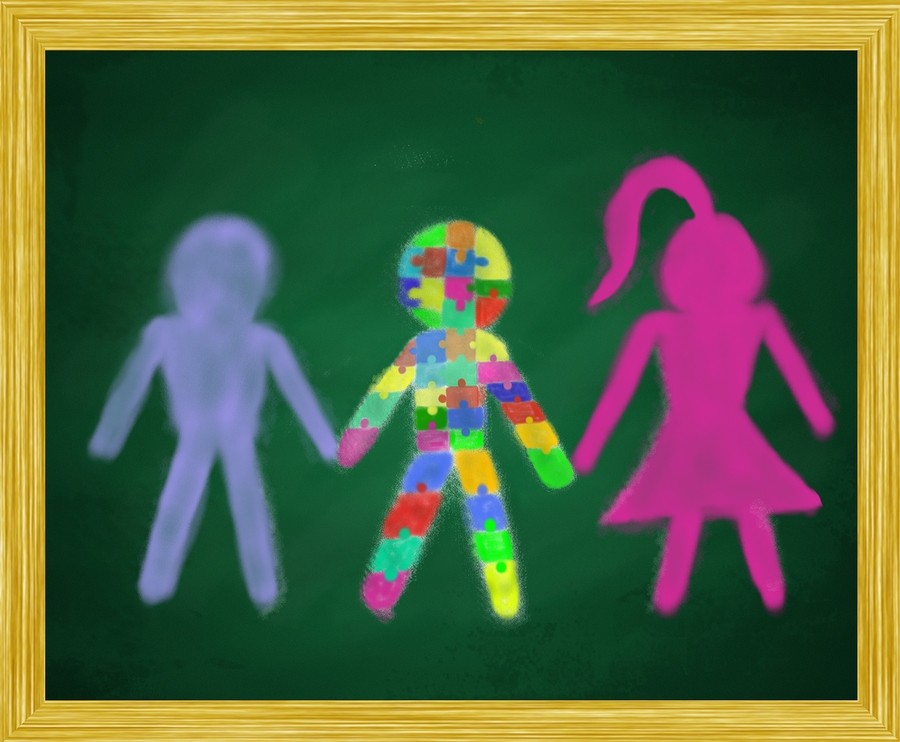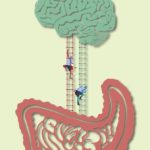Growing up as a member of the South Asian “desi” community, I’ve been accustomed to a multitude of privileges I admittedly take for granted far too often.
Having tight-knit family relationships, parents who support my education, and a spectacular cuisine are mostly communal aspects of my culture that I do not appreciate enough.
However, one diffuse part of my culture that doesn’t belong on this list of positives is the widespread pollution brought about by stigma surrounding neurological and mental disorders- namely autism.
Complications surrounding the brain and psyche have an unfortunate way of being misconstrued by society and warped into misguided myths surrounding mental illnesses.
While such occurrences and their reverberations can be seen throughout many different communities, my personal experiences have allowed me to see firsthand how the pathology of stigma surrounding autism is deeply rooted in South Asian culture and how resolving it is a journey that can only begin through education and acceptance.
To start off what will be a long and maybe even uncomfortable discussion, let’s understand what autism is. Autism Spectrum Disorder (ASD) is a developmental condition that can affect an individual’s ability to learn, behave, and communicate. ASD comprises a broad spectrum of conditions characterized by numerous distinct behaviors.
It is essential to know that, as of now there are no quantifiable medical tests that can identify whether or not an individual has autism. Psychiatry is not like other medical fields where numbers are often used to diagnose patients; instead, carefully scrutinizing a patient’s history, development, and behaviors and comparing significant findings to a set of standardized criteria is typically how diagnoses are made1.
Due to how broad the autism spectrum is, diagnosing people with autism is especially challenging due to the overlap between autism and other psychiatric conditions. Furthermore, many psychiatric conditions, such as ADHD, OCD, and even depression, can coexist with autism. This phenomenon can cause autism to be overshadowed and cause it to go undiagnosed in an individual2. Because of this, many people live their entire lives without knowing they are on the spectrum.
Individuals who have autism are neurodivergent- their brains uniquely process information, which is what causes their distinct and sometimes atypical behaviors to manifest. The concept of neurodivergence is key to grasp when seeking to understand autism and the fallacies surrounding ASD, such as the perception that all individuals with autism are intellectually challenged and that they do not enjoy social interaction.
While certain behaviors of autistic individuals can appear strange, erratic, and even unsettling at times, they are purely a result of the way their brain processes information. Although autism and intellectual disabilities can coexist within an individual, they are not synonymous, meaning that being on the spectrum doesn’t necessarily mean that one will have a low IQ or learning difficulties. Furthermore, while social interactions can definitely pose a challenge for some people on the spectrum this is not because they do not desire it but rather because they may have trouble dealing with new people and environments or interpreting social cues such as facial expressions, body language, gestures, and eye contact3.
Autism doesn’t make someone any less of themselves; it just changes the way they perceive the world, which changes the way the world perceives them, serving as the progenitor for all the fallacies and stigma surrounding ASD. People tend to take what they see regarding autism at face value without understanding their underlying reasons or the fact that each person with autism is unique, and the problem occurs when they broadly apply their misconceptions to the autistic population as a whole.
However, there is also the aspect of fear to consider when addressing the stigma surrounding ASD. Autism is undoubtedly a tricky subject to understand, and the fact that it can often be a sensitive topic instills a degree of fear in peoples’ minds. What we fear, we often fail to understand, and what we fail to understand, we end up fearing more. This creates a perpetual cycle of misconceptions and misinformation that is challenging to penetrate. On top of this lies the issue that specific belief systems instilled in particular cultures unintentionally propagate this issue, further reinforcing existing misconceptions and making the problem harder to tackle.
As I mentioned before, my Indian heritage has allowed me to see how specific cultural values and beliefs are correlated to the stigma surrounding autism in the desi community. While I can’t speak for other South Asian cultures, I believe that many common denominators can be found amongst them that apply to the status quo.
One of the main similarities that can be traced among South Asian cultures and religions is the concept of karma and its influence on how people think, behave, and act.
Karma is the principle that a person’s past actions and way of life determine the shape of his or her future. This belief system promotes the idea that good actions will be rewarded later in life and that bad actions will be met with subsequent consequences.
Cultures that believe in reincarnation also tend to believe that one’s good or bad deeds in previous lives determine the state of one’s current life and that accruing good karma can lead to a good rebirth. In contrast, lousy karma can lead to a negative one. For example, someone who performs acts of charity and religious devotion is more likely to attain good karma and a favorable rebirth. In contrast, someone who engages in harmful acts would accumulate bad karma and potentially face suffering in their current or future lives.
As a nineteen-year-old college student, I don’t think I’m qualified to speak on the universe’s and God’s inner workings. Nor should you- the reader- base the entirety of your understanding of karma and South Asian religious beliefs on this paragraph. However, I will say that karma ultimately exists to promote the performance of good deeds and prevent bad ones.
For those who strongly believe in karma, it is only logical that they attribute an individual’s life circumstances to the karma they’ve accrued throughout their current and previous lives. Therefore, people who live lives of comfort would theoretically be motivated to perform good deeds and avoid committing sinful actions to maintain their status quo.
On the other hand, people who have been struck by misfortune can attribute their bad luck to their karma from previous actions in their current or past lives, compelling them to work towards performing good deeds to help their predicament and better their future lives.
Whether or not life works according to these rules, you can argue that the “karma system” stabilizes society through accepting fate and the idea that what goes around comes around. Using this logic, it is easy to see how individuals who have autism and their families can be viewed as people with bad karma, leading to their ostracization.
Globalization in recent generations has led to South Asian communities spreading worldwide. As a result, the belief in karma is often less intense in these newer communities than in their regions of origin. However, the principle of karma remains ingrained in most South Asian populations, whether consciously or subconsciously, which is what ultimately contributes to the stigma surrounding autism in these communities.
Apart from the structural belief in karma, another aspect of South Asian culture that correlates to autism stigma is the widespread pressure to conform.
“Loge kya kahenge” is a colloquialism commonly heard in Hindi and Urdu, which translates to “What will people say?”. I’m willing to go out on a limb and say that just about every South Asian has heard this phrase or one of its derivatives in their respective languages at least once in their life.
The chokehold that this mindset has on South Asian culture is a driving force behind many aspects of South Asian norms, practices, and mindsets. The ideology of family reputation being tied to each individual’s behavior is especially prominent in our culture, so adhering to cultural norms is greatly valued and enforced in South Asian families.
Autism, however, often manifests as atypical behaviors in individuals, starkly contrasting this traditional ideology that values typicality. Autistic individuals who display neurodivergent behavior are thereby perceived as threats to family reputations, leading to their neglect and exclusion within their own families and extended social circles.
I believe that a combination of the aforementioned belief in karma as well as the herd mentality to condemn atypical behaviors is the main reason why the South Asian stigma surrounding autism is at its current precipice. Without resolving the issue at hand, autistic individuals and their families will continue to suffer at the hands of ignorance, further fueling the raging fire such stigma causes.
While the direct implications of stigma mean discrimination and isolation for those who suffer from it, this is only the tip of the iceberg.
The societal stigma of ASD results in delayed diagnosis and interventions, as people will intentionally delay seeking medical advice and treatment out of fear of being judged. This often happens with parents who refuse to acknowledge that their child may be neurodivergent out of fear of having them labeled and misjudged by society, consequently impacting their family’s reputation and standing in society.
Delaying professional care for someone with ASD can cause them to miss developmental milestones, worsen any behavioral challenges, and increase any communication challenges they may have, hindering their ability to form social relationships; this can worsen their mental health, as well as that of their caregivers, placing even more stress on all parties involved.
This kind of emotional burden on the family only perpetuates the stigma, creating a harmful cycle of stress, burden, neglect, and judgment.
When such issues originate within a neurodivergent individual’s childhood, they can propagate into adulthood, causing them to be more dependent on others or even need intensive care services. All of this greatly reduces their chances of being able to get an education and employment, further preventing individuals with ASD from effectively taking care of themselves.
Once again, all these effects effectively culminate into promoters for the stigma surrounding autism, fortifying the marginalization of autistic people.
It’s easy to look at the behaviors and habits of individuals with ASD and label it as a disease that should be fixed rather than normalized; however, this isn’t necessarily the case.
I do agree that some of the behavioral and developmental challenges that autism causes can put an enormous strain on individuals and their loved ones. When seeing such occurrences, it is understandable why some think that autism is inherently a dangerous disorder.
However, people often overlook the benefits that neurodiversity brings to society. Neurodivergent individuals often have their own unique strengths and passions; this, combined with their ability to view the world differently, offers potential for societal growth and achievements.
Greta Thunberg, for example, is a 22-year-old Swedish environmental activist who has credited her autism for enabling her to hyperfocus on climate change once she learned about it in school4. Because of her passion for the subject, she has been passionately fighting for action against climate change by organizing global climate strikes, delivering speeches in front of the United Nations, and raising overall awareness about climate change in public discourse.
Temple Grandin, an American scientist, inventor, and ethologist, is another example of how neurodivergent thinking can lead to societal progression. Grandin, diagnosed as neurodivergent when she was three, is widely known for her contributions to revolutionizing livestock handling. Using her hyperfocus and heightened sensitivity- traits commonly seen in people with autism- Grandin was able to design restraining systems that can move livestock through facilities while reducing animal stress. Grandin claims that her autism enabled her to identify specific sensory details that may go unidentified by most humans but can cause fear and panic in livestock, inspiring her to depart from traditional livestock handling methods and design more comfortable systems for animals5. Now, Grandin’s inventions are used to handle almost half the cattle in North America6.
Thunberg and Grandin are both examples that highlight the benefits of thinking and perceiving the world in an atypical manner.
Not only does the alternative perspective that comes with neurodivergent thinking enable individuals to recognize problems that neurotypical individuals cannot, but traits such as hyperfocus and hyperempathy make these individuals strongly motivated to pursue their interests and see them through.
Autism is by no means an easy condition to live with, but to denounce it and claim that it must be cured would be denying all the good and potential to change the world it offers.
So, how do we back away from the notion that autism is a disease and reform public perception into understanding the benefits and opportunities that neurodivergence offers?
Through education, acceptance, and persistence.
Autism stigma exists seemingly everywhere, not just in South Asian culture, and the best way to overcome this is by promoting the education of autism in schools and workplaces. The more people are exposed to the facts and realities of autism, the more they will be able to accept it and learn how to interact with people who are on the spectrum.
This can take many forms, such as organizing communal seminars and workshops to educate people or using media to capture positive yet accurate and realistic depictions of autism. Furthermore, emphasizing the role that proper support can play in helping neurodivergent individuals assimilate with society can teach people how to help their neurodivergent peers.
Overcoming autism stigma in South Asian societies is especially challenging, given how the stigma is a derivative of notions and practices that are deeply ingrained in South Asian culture. However, promoting education and fostering acceptance across all levels of society remains the most effective approach to addressing this issue.
South Asian cultural values—such as the strong emphasis on familial care and collective community support—can serve as starting points for fostering acceptance. Taking care of family members is strongly emphasized in South Asian culture, and supporting family members who have autism aligns seamlessly with the practice of caring for one’s kin.
Furthermore, the South Asian community-oriented mindset, where neighbors and extended family collaborate to aid struggling families, provides the opportunity to extend this form of support to neurodivergent individuals.
Finally, South Asian communities tend to hold religious leaders such as gurus and priests in high regard, giving them significant influence. By educating these leaders about autism and showing them how acceptance aligns with religious and cultural values, they can become powerful advocates for reform, reaching and inspiring members across the community.
By reframing autism acceptance into practices that align with cultural norms, South Asian communities can begin to nurture neurodivergent members, helping them integrate into society. Encouraging dialogue surrounding this topic through family discussions, religious leaders, and advocation will strengthen this transition, paving the way for a more inclusive and understanding society.
Apart from how communities can work to reduce autism stigma, there can also be work done on the healthcare side of things, namely, improving the cultural competence of healthcare professionals.
By understanding the nuances of different cultures, healthcare workers can better educate families on how professional treatments, such as speech therapy, social skills training, life skills coaching, and support groups, can help autistic individuals achieve social integration and independence. Collaborating with therapists and psychiatrists can further help autistic individuals navigate any psychological or behavioral challenges that they might be facing; however, the considerable amount of stigma surrounding psychiatric care and medication serves as an undeniable bottleneck that makes families more reluctant to seek professional help for their neurodivergent relatives.
Many fear that therapy or medications can serve as a label that can segregate them or their loved ones from society. To bridge the gap in access to health that these beliefs create, culturally competent professionals should be able to navigate misconceptions and integrate core beliefs and practices into the treatments they prescribe.
For example, programs that include family members in therapy for neurodivergent individuals appeal to the collectivist practices prevalent in South Asian culture. Additionally, integrating religious leaders and engaging them to support and participate in evidence-based treatments can help traverse traditional South Asian beliefs and modern treatments.
Addressing autism stigma irrefutably requires fostering understanding in communities, but it also necessitates healthcare systems that meet families eye-to-eye, ultimately making care more accessible and acceptable.
As I said in the beginning, there are many South Asian cultural practices that I firmly believe in and stand by. It’s these very practices that assure me that reducing autism stigma throughout my community is attainable.
As with many conflicts, the best way to handle the issue at hand is by bringing forth a change in perspective- viewing autism as a mere difference rather than a disease and learning how to support, rather than seclude, individuals with autism is how we can invoke change.
Persistence is key when dealing with stigma that’s intricately woven into culture, and when combined with upholding practices that promote acceptance in a way that reflects existing cultural values, the South Asian community is better equipped and educated to support our neurodivergent brothers and sisters.

